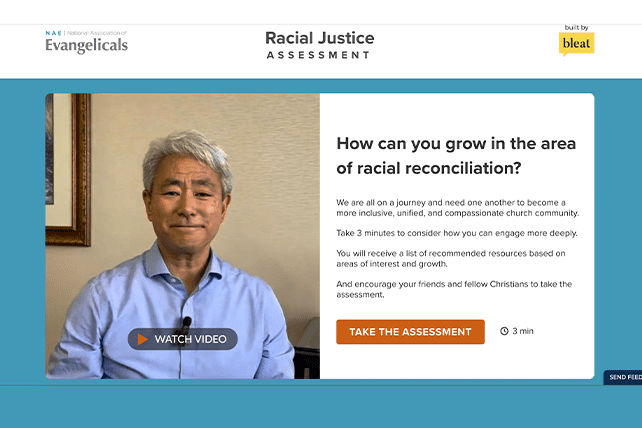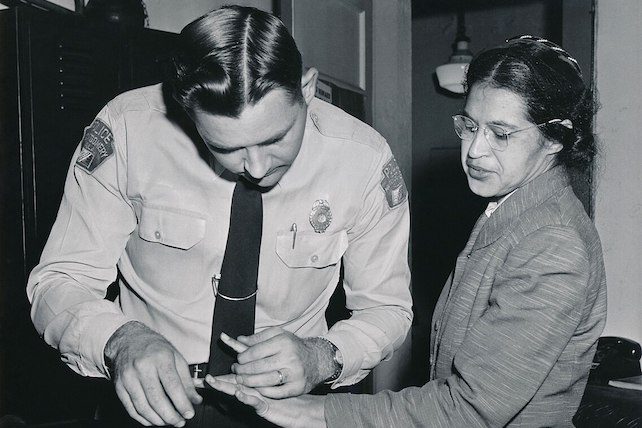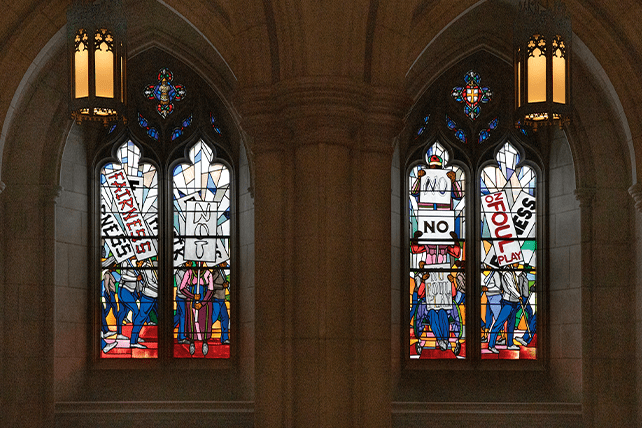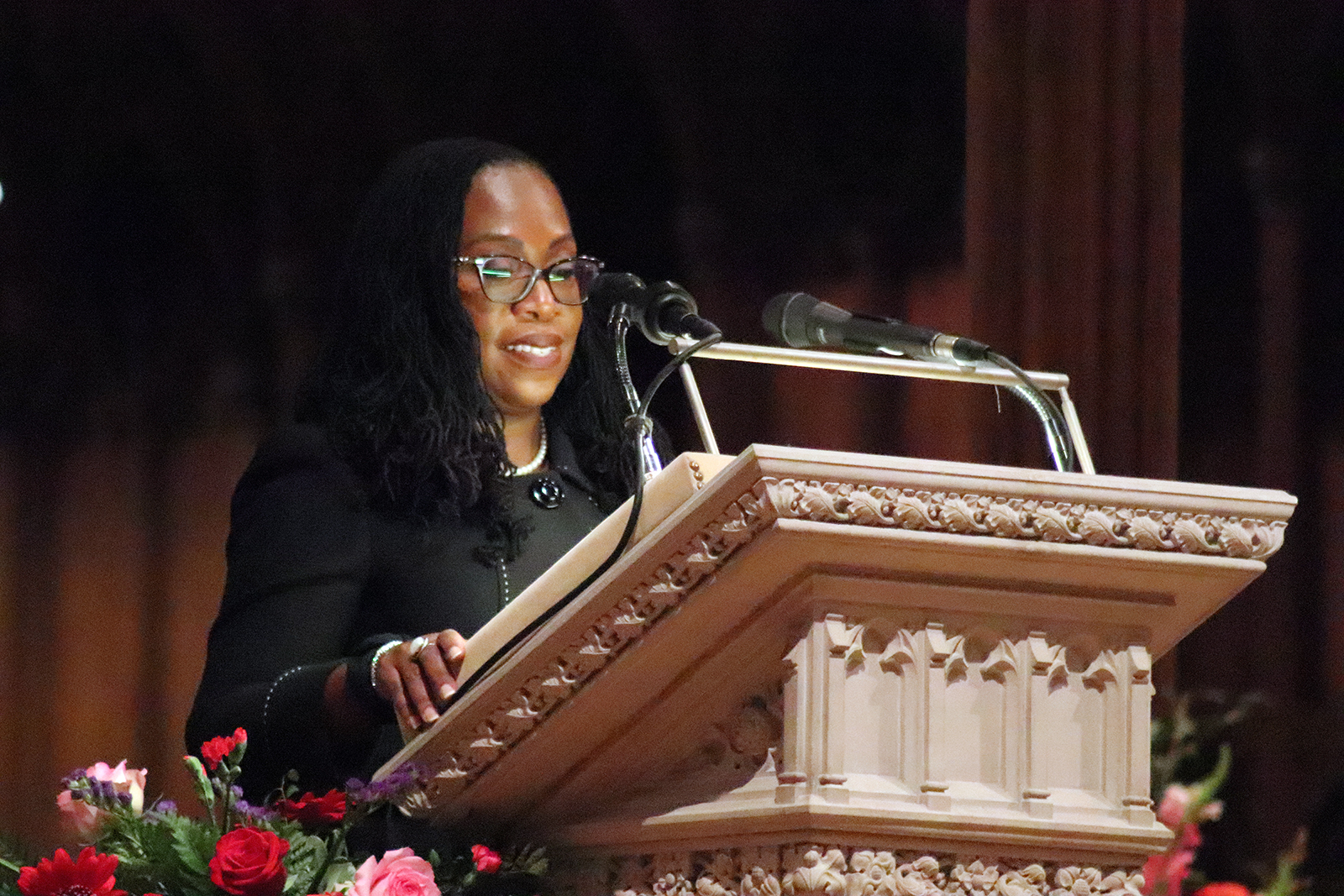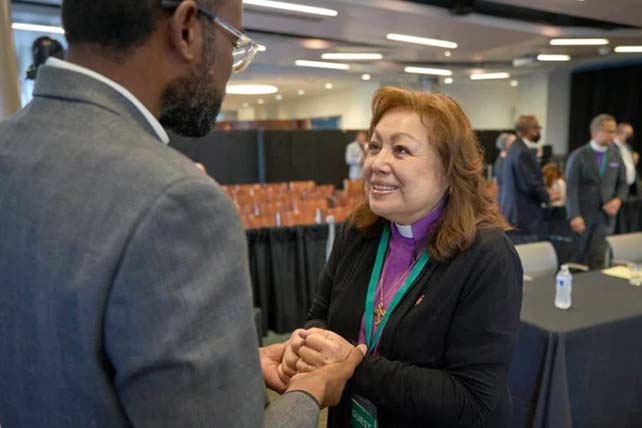(RNS) — The United Methodist Church’s first female Latina bishop in the United States was found not guilty Friday (Sept. 22) on four charges brought against her after a jury of 13 ordained church members swiftly rendered a verdict in a church trial held in a Chicago suburb this past week.
Bishop Minerva G. Carcaño, a leader of the California-Nevada Conference, or region, of the United Methodist Church, was suspended from her church role more than 18 months ago on charges of harassment, fiscal malfeasance and a general charge of disobedience.
The 69-year-old bishop will now return to her position as leader of the California-Nevada Conference, a church official confirmed. Church rules require that she retire at the end of August 2024.
RELATED: United Methodist Pastors Feel Worse and Worry More Than a Decade Ago
During four days of testimony, the bishop’s subordinates gave vivid testimony that Carcaño had exceeded her authority on financial matters and retaliated against anyone who questioned her decisions.
To Carcaño’s many supporters among the denomination’s Hispanic members, the outcome was a cause for celebration. Many had raised concerns about the bishop’s long suspension, far beyond the 60 days called for in the church’s rule book, and suggested it was a form of punishment. They pointed out that the United Methodist Church has never before put a bishop on trial, nor imposed such a long suspension.
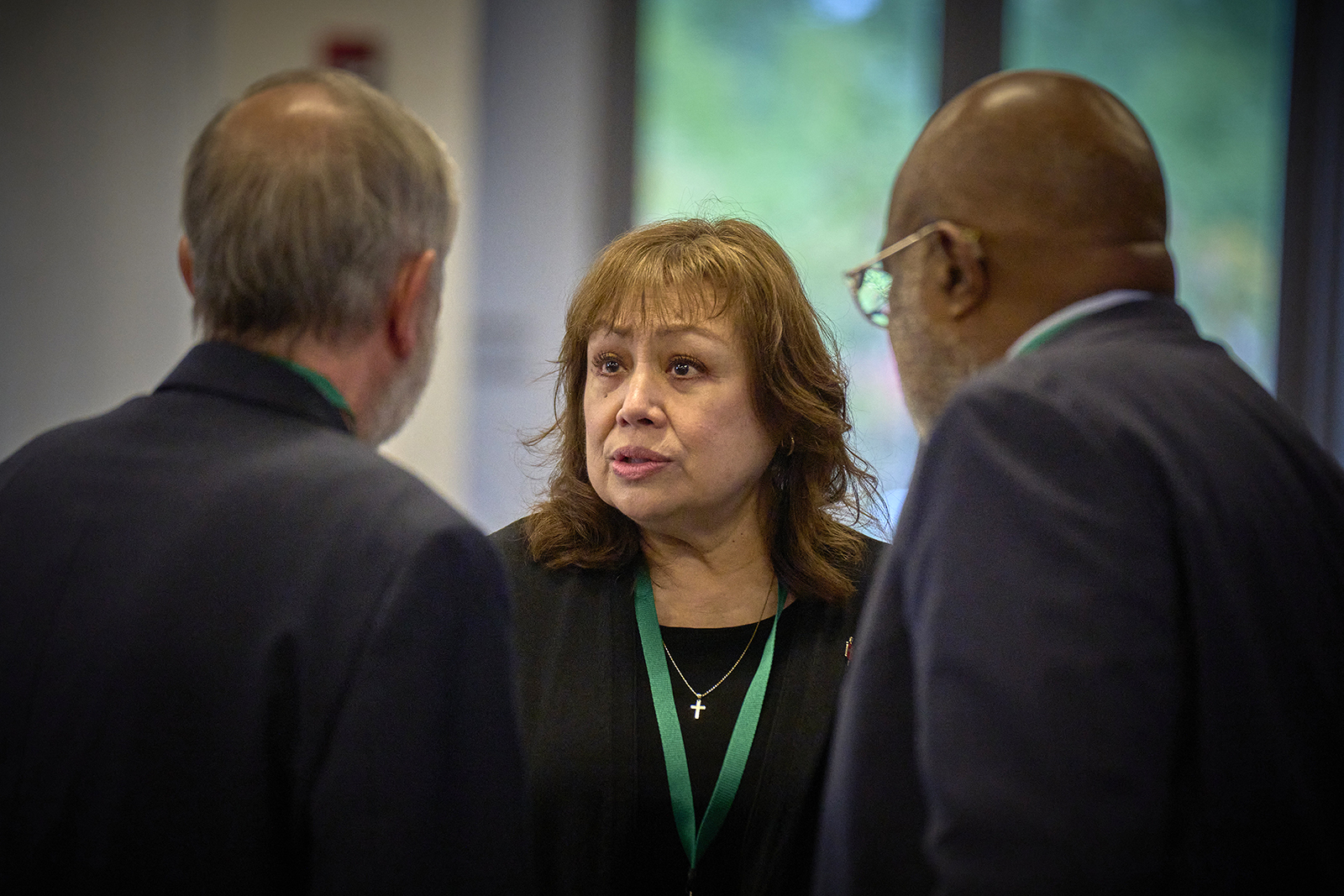
United Methodist Bishop Minerva G. Carcaño talks with counsel–the Rev. Scott Campbell, left, and Judge Jon Gray–during her church trial on Sept. 19, 2023, in Glenview, Illinois. Photo by Paul Jeffrey, UM News
The Rev. Lyssette Perez, president of a group of Hispanic United Methodists called Methodists Associated Representing the Cause of Hispanic/Latino Americans, or MARCHA, who monitored the trial, said the entire process was painful.
“This should not be the way that we solve problems in the church,” Perez said, referring to the public trial, which was livestreamed. “We cannot continue to hurt each other. We need to find ways to work together and try to collaborate with one another.”
The United Methodist Church, the second-largest Protestant group in the U.S., has about 1,000 ordained Hispanic clergy, of whom 901 serve churches. They constitute some 1.8% of the total clergy appointed by the United Methodist Church in the U.S. The denomination has about 245 predominantly Hispanic congregations.
RELATED: Breakaway Texas UMC Megachurch Reveals Plans for New Methodist Denomination
Carcaño was elected bishop in 2004 after serving as a pastor for more than two decades. She quickly earned a reputation as a vocal advocate for comprehensive immigration reform and became the spokesperson on immigration for the denomination’s Council of Bishops. Carcaño, whose father came to the United States as an undocumented immigrant from Mexico, is a Texas native.
She was accused of disobedience to the denomination’s order and discipline, the undermining of another pastor, harassment and fiscal malfeasance. Carcaño pleaded not guilty to all of the charges.
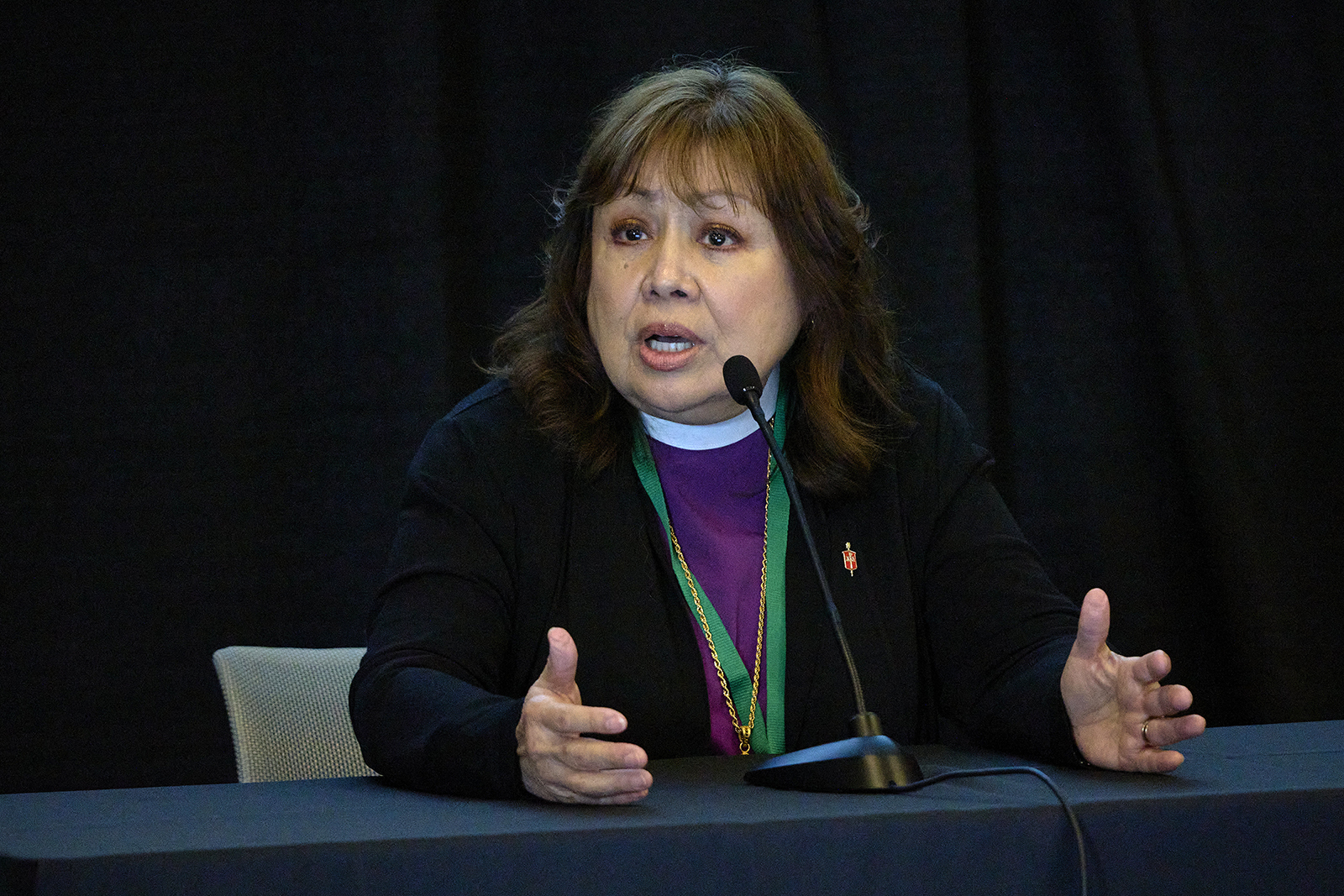
United Methodist Bishop Minerva G. Carcaño testifies in her defense on Sept. 21, 2023, the third day of her church trial in Glenview, Illinois. Photo by Paul Jeffrey, UM News
Specifically, the bishop was alleged to have encouraged the hiring of her daughter, Sofia, as an administrative assistant, providing her rent-free housing in a San Francisco parsonage and then using a conference fund to renovate that parsonage.
Carcaño was also accused of interfering with the authority of the California-Nevada Conference board of trustees on what to do with the valuable property of Trinity United Methodist Church in Berkeley, California. In another charge, she was accused of not providing a clergywoman the full 12-week maternity leave stipulated in church rules.
The jury consisted of seven men and six women of various races and ethnicities: Four were Asian, three were Black, two were Hispanic, three were white and one was of mixed race.
This article originally appeared here.








